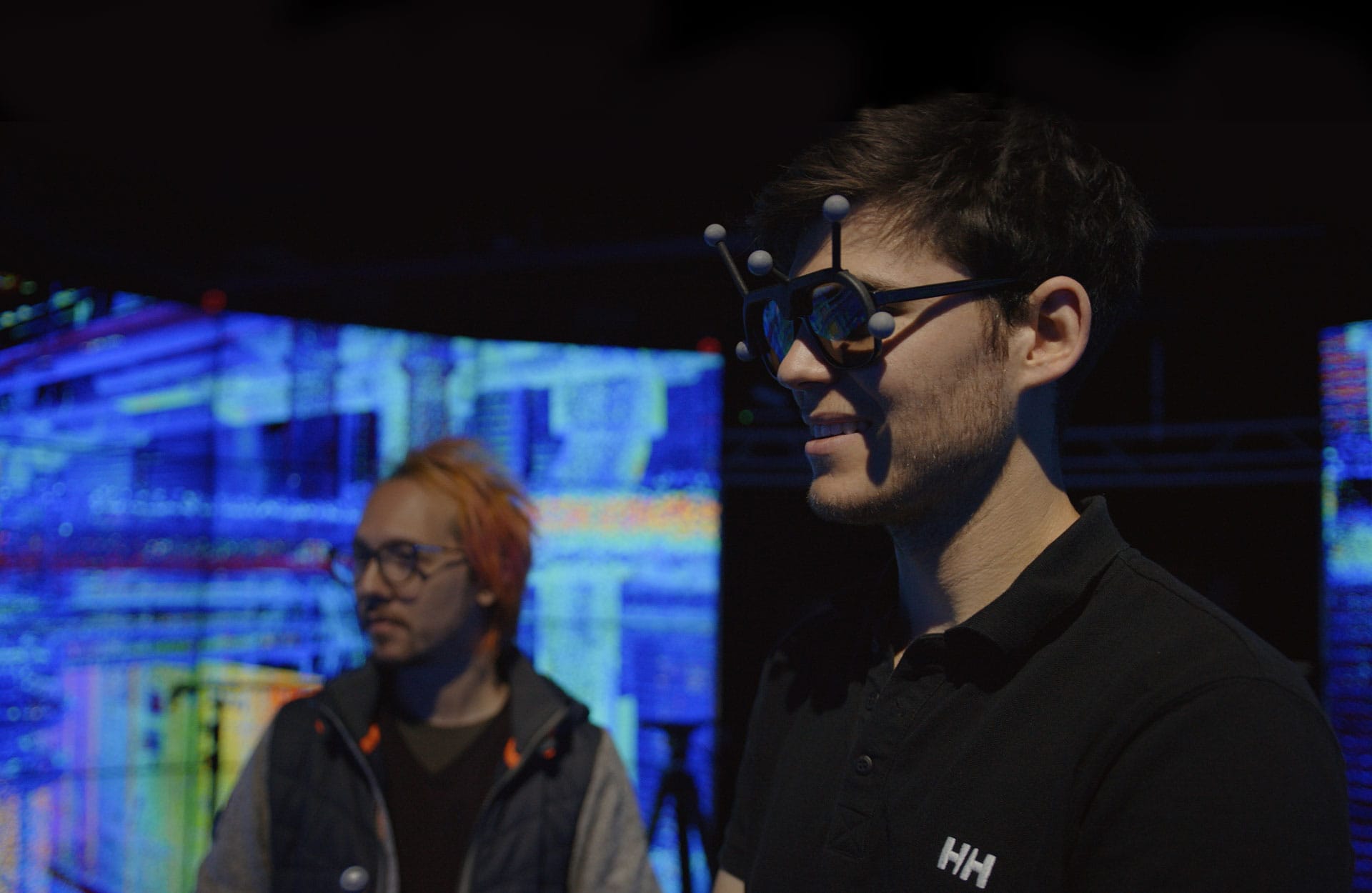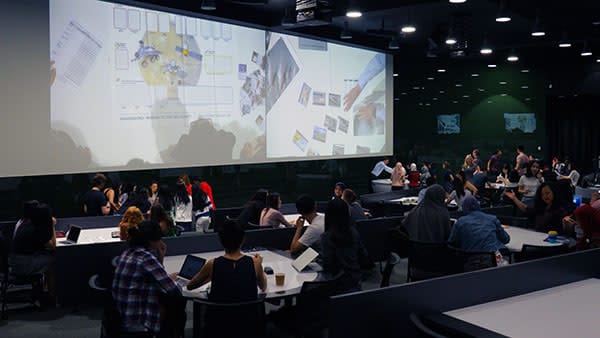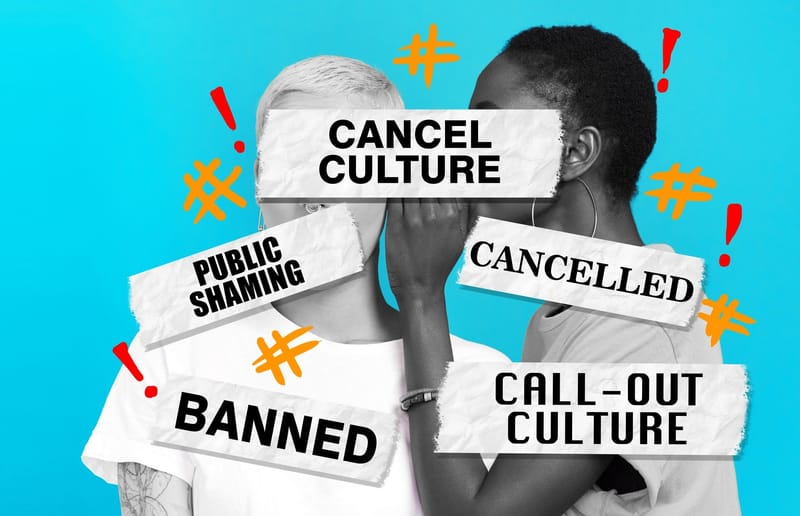
The days of chalk and talk, textbooks and passive learning are fast becoming things of the past as the first wave of digital natives – students brought up during the age of digital technology – challenge the old model of education rooted in linearity and conformity.
“This fourth industrial revolution that we're going through really means a fundamental change to how we educate, how we communicate with people, and how we prepare people for the future,” says Professor Susan Elliott, deputy vice chancellor and vice president (education) at Monash University.
Today, technology is at the centre of the student learning experience. They use it for lectures, for workshops, to complete assignments; everything they do.
Using different forms of digital technologies not only enhances students' content knowledge, but it also enhances a range of 21st Century skills.
They’ve built powerful online personalities and want to engage differently with the world of education, through collaboration and creativity, leaving the old teacher/student dynamic in its wake.
“When I first started teaching, I think students still believed that the person that stood in front of them had all the answers,” says Sharon Pickering, Dean of the Faculty of Arts.
Read more: The value of quality teaching
“If only they paid attention closely enough, they too would have the answers.
“I look now, and students are so much more capable and able of figuring out not only what the answers are, but what the more important questions are that we should be asking, and I think teaching and learning is undergoing a revolution to catch up with that.”

In this education future, problem-based, collaborative learning replaces simply presenting the student with information, and neuroscience has proved the effectiveness of this type of “active learning”.
“We know now that your retention from a lecture is about 5 per cent to 10 per cent,” says Deputy Vice Chancellor Elliott.
“If they're actively learning, answering questions, teaching each other, talking in class, problem solving, doing quizzes, sharing stories, their retention goes up to 60 per cent to 70 per cent.”
It also means students are better equipped to enter the workforce because they have learnt and applied their knowledge.
“Using different forms of digital technologies not only enhances students' content knowledge, but it also enhances a range of 21st Century skills, like communication, collaboration and teamwork,” says Michael Phillips, senior lecturer in the Department of Education.
Watch the latest episode of A Different Lens to find out more about the future of education.
Read more: Six reasons why AI will never take over from human teachers
Watch more episodes from A Different Lens:
- Watch: Generation Series - Part 3: Youthquake
- Watch: Generation Series - Part 1: Generation entrepreneur
- Watch: Generation Series - snapshot: The future of work
- Watch: 'Beating the superbug' - Episode 10 in the 'A Different Lens' series
- Watch: 'The death of corporate greed' - Episode 9 in the 'A Different Lens' series
- View all episodes from A Different Lens





